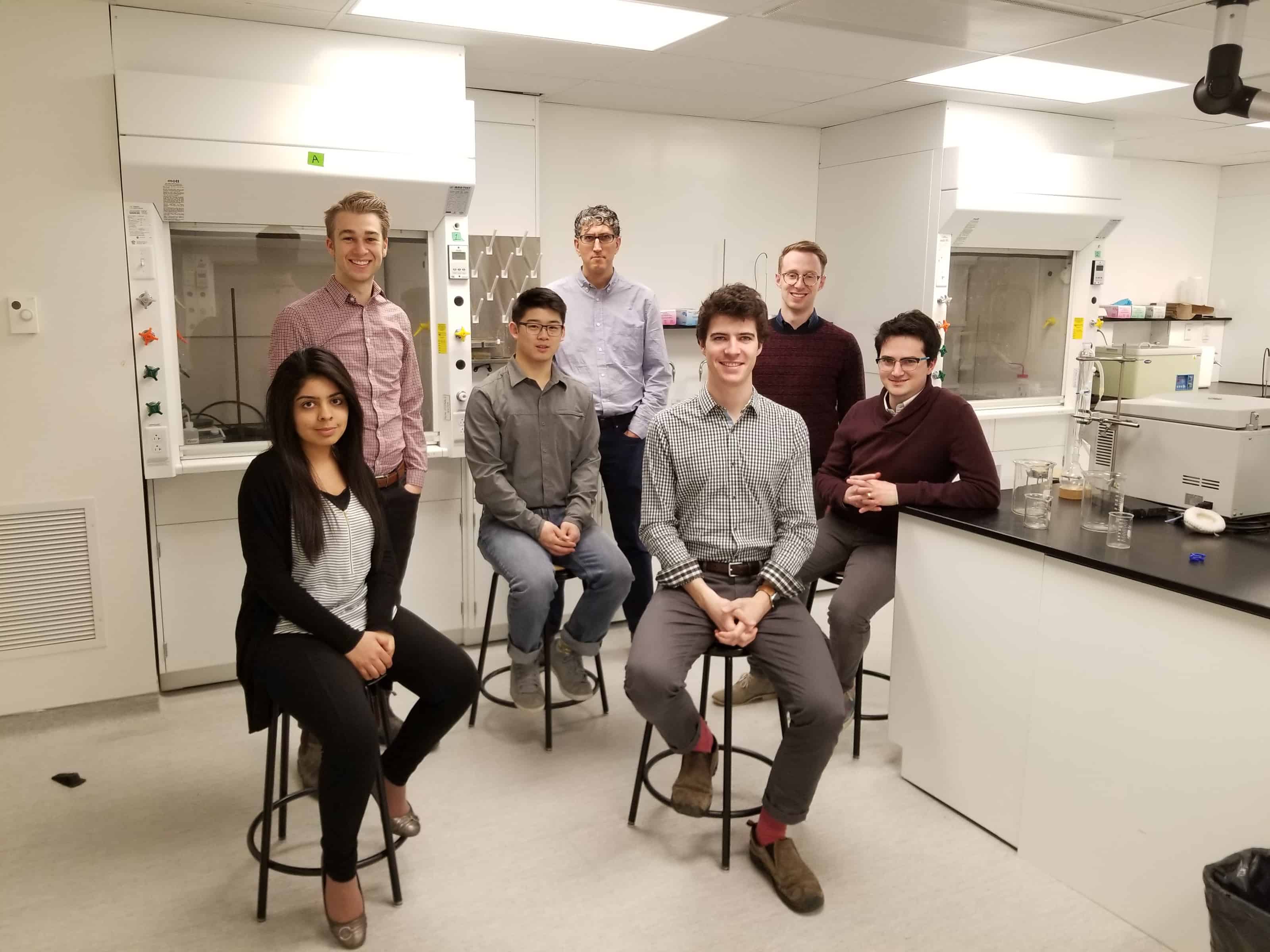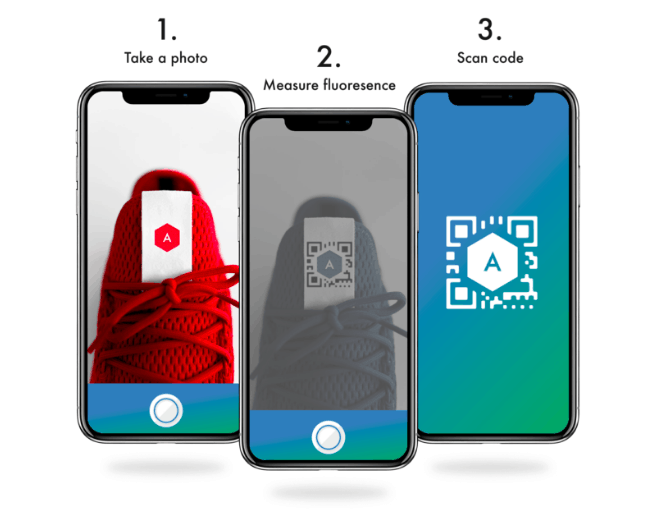THIS TECH COMPANY IS HELPING RETAILERS AND CONSUMERS FIGHT AGAINST COUNTERFEIT GOODS


Fortunately, Canadian-based company Arylla has been steadily working to solve this problem for the past few years and is now beta-testing its solution: an invisible ink that can be embedded into any label or logo and which, once checked by either retailers or consumers through a proprietary app, can instantly signal whether the piece in question is real or fake. While the app is not yet on the market, Arylla has already received the Lugano Fashion Week Innovation Awards and is a finalist for the prestigious LVMH Innovation Award, which will be handed out in Paris next month.
“The most important thing about this algorithm we’ve created to solve this problem is that it cannot be replicated,” says Perry Everett, one of the company’s co-founders. “We’ve worked very hard to create a truly new technology that both companies and consumers can use easily.”
The basic premise is that Arylla’s special label/logo, which will only be delivered to a limited number of mills, can be quickly scanned to determine the goods’ authenticity. Moreover, the technology has been designed so that a retailer or vendor knows the complete chain of command for each product and can figure out where the fraudulent piece was manufactured.

Similarly, a customer who has access to the app can use it before even making a purchase –an issue that is becoming more prominent as even high-end consumers shop at off-price stores, flea markets and other venues where fraudulent goods are more likely to end up, says Everett.
The Arylla technology may prove extremely useful for companies whose sole or primary source of revenue is e-commerce, where up to 50 percent of merchandise is bought and returned, and where the process of checking whether those goods are real is time-consuming. (Zappos is a major investor in Arylla). “We were hoping it would be really useful for customers who buy apparel on eBay, but the company isn’t quite ready to implement this technology yet.”
Nonetheless, no matter who chooses to sign on to Arylla, the goal is the same. “Our bottom line is that we want the brands that use us to have as much control over the return process as they choose,” says Everett.







